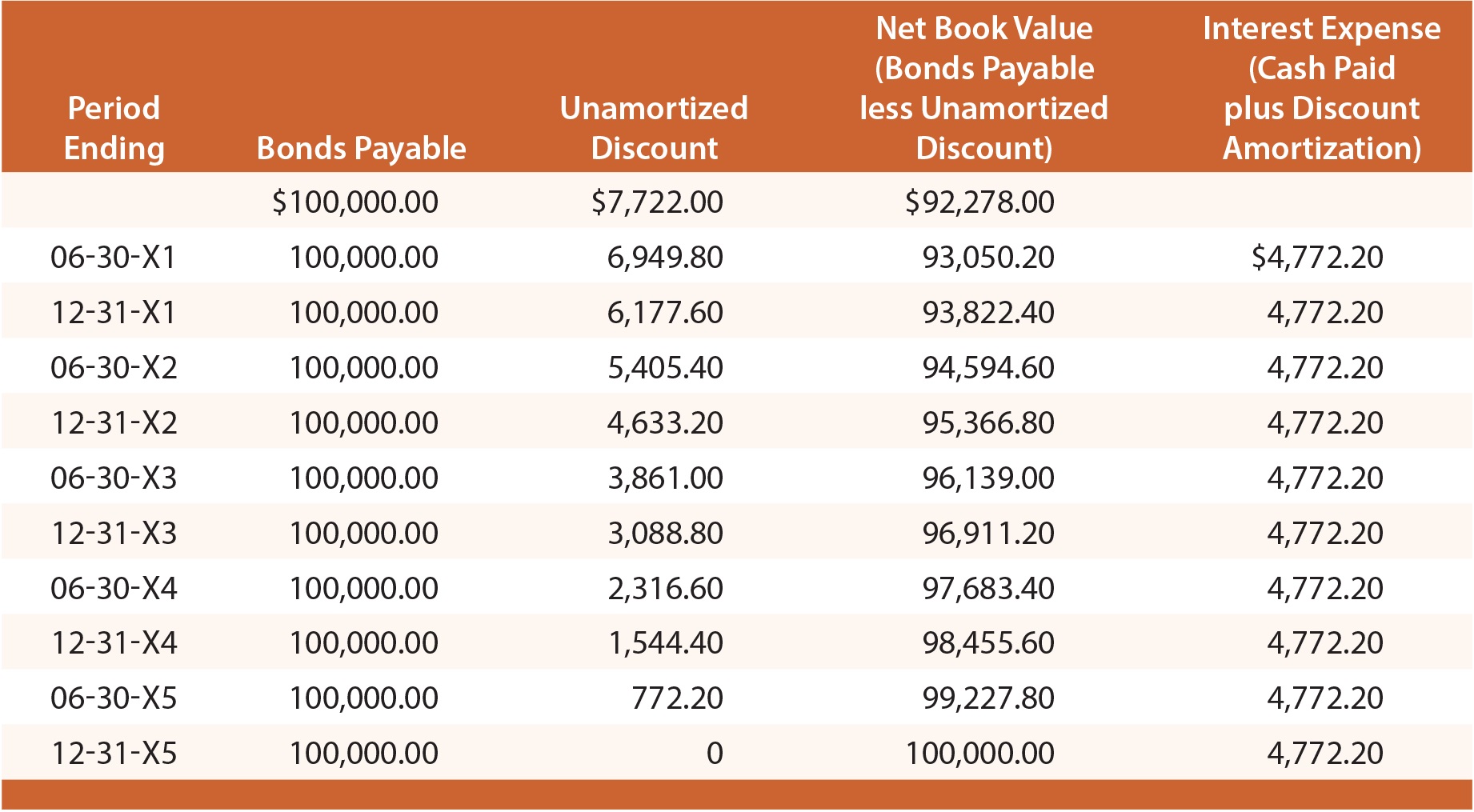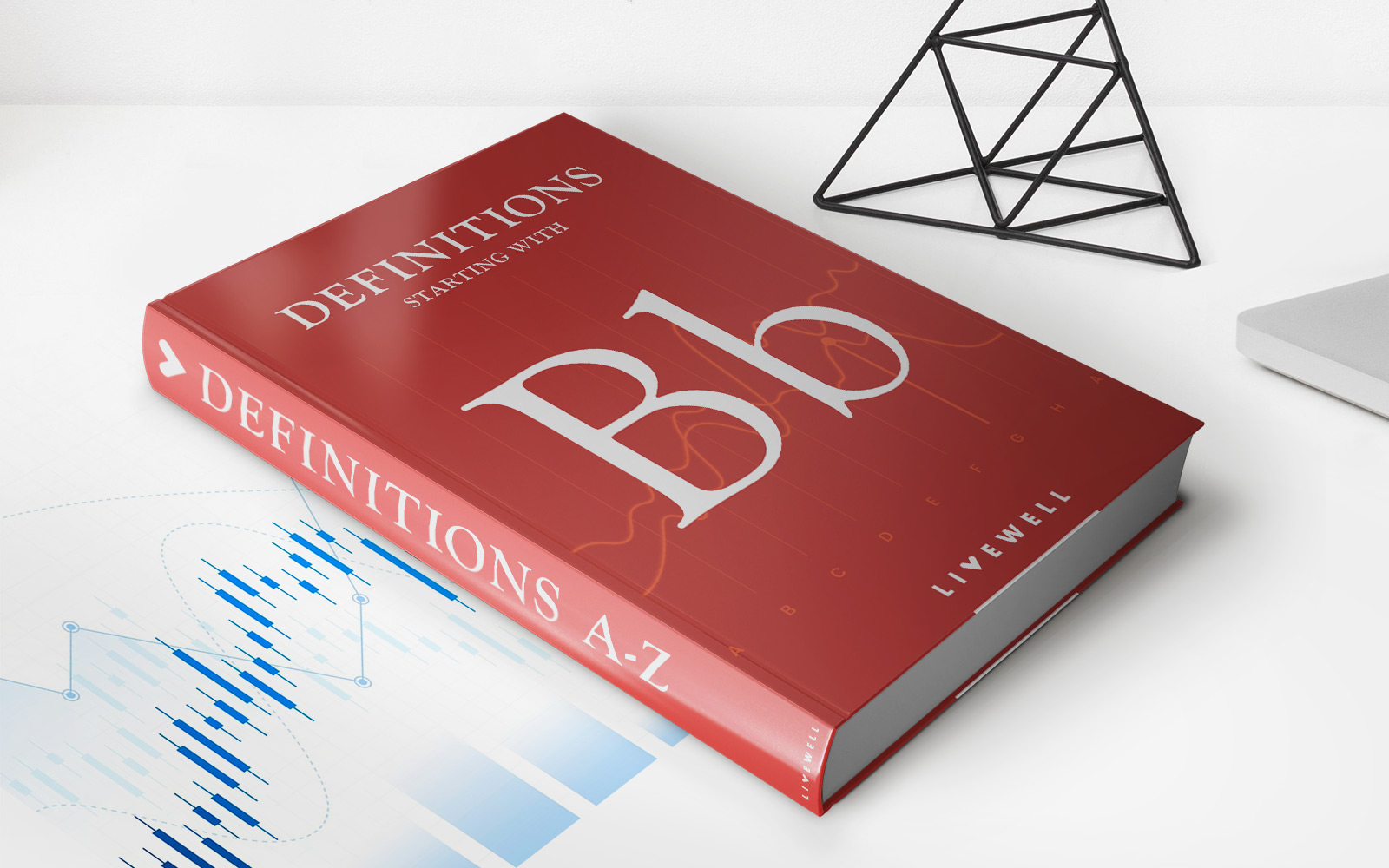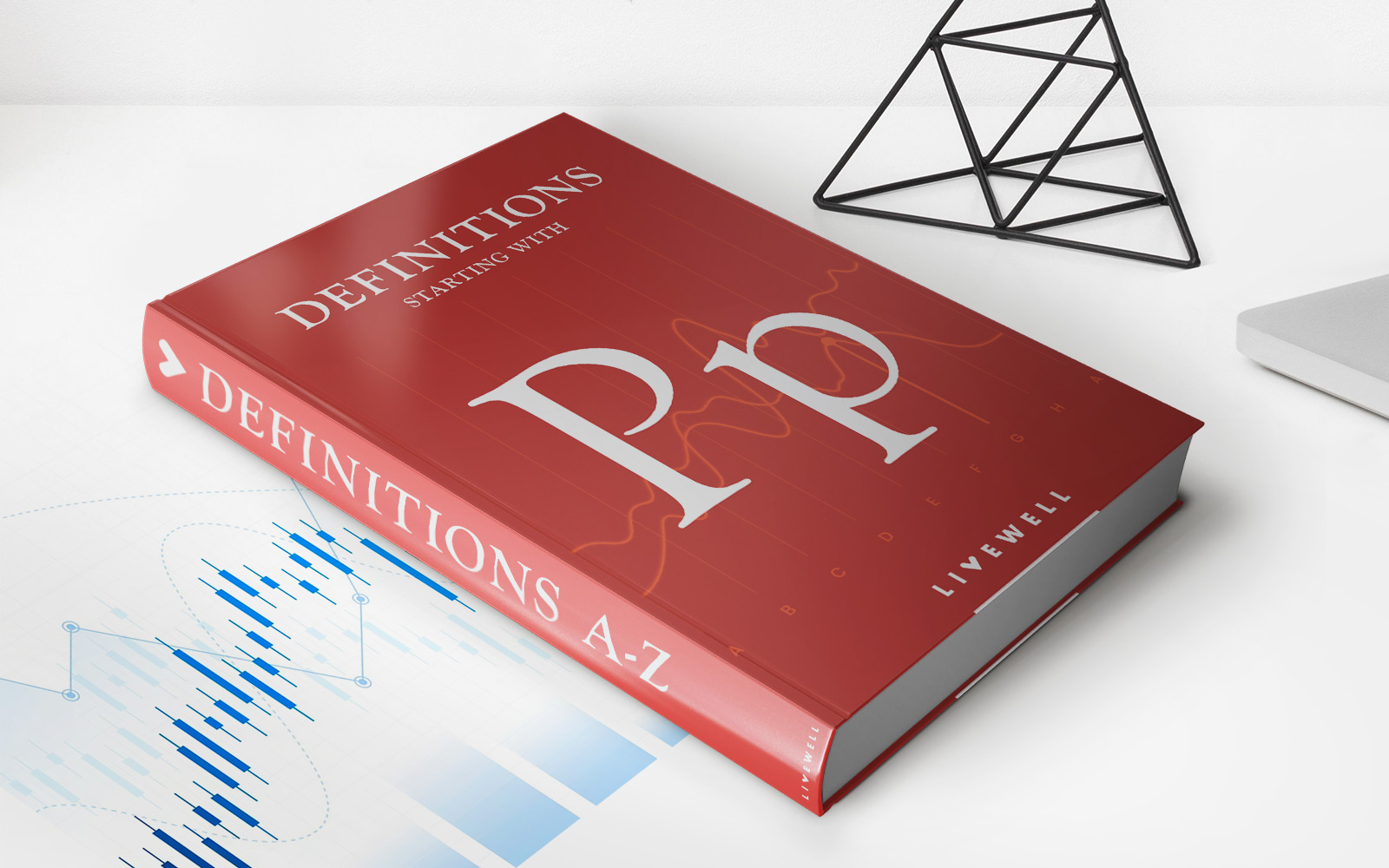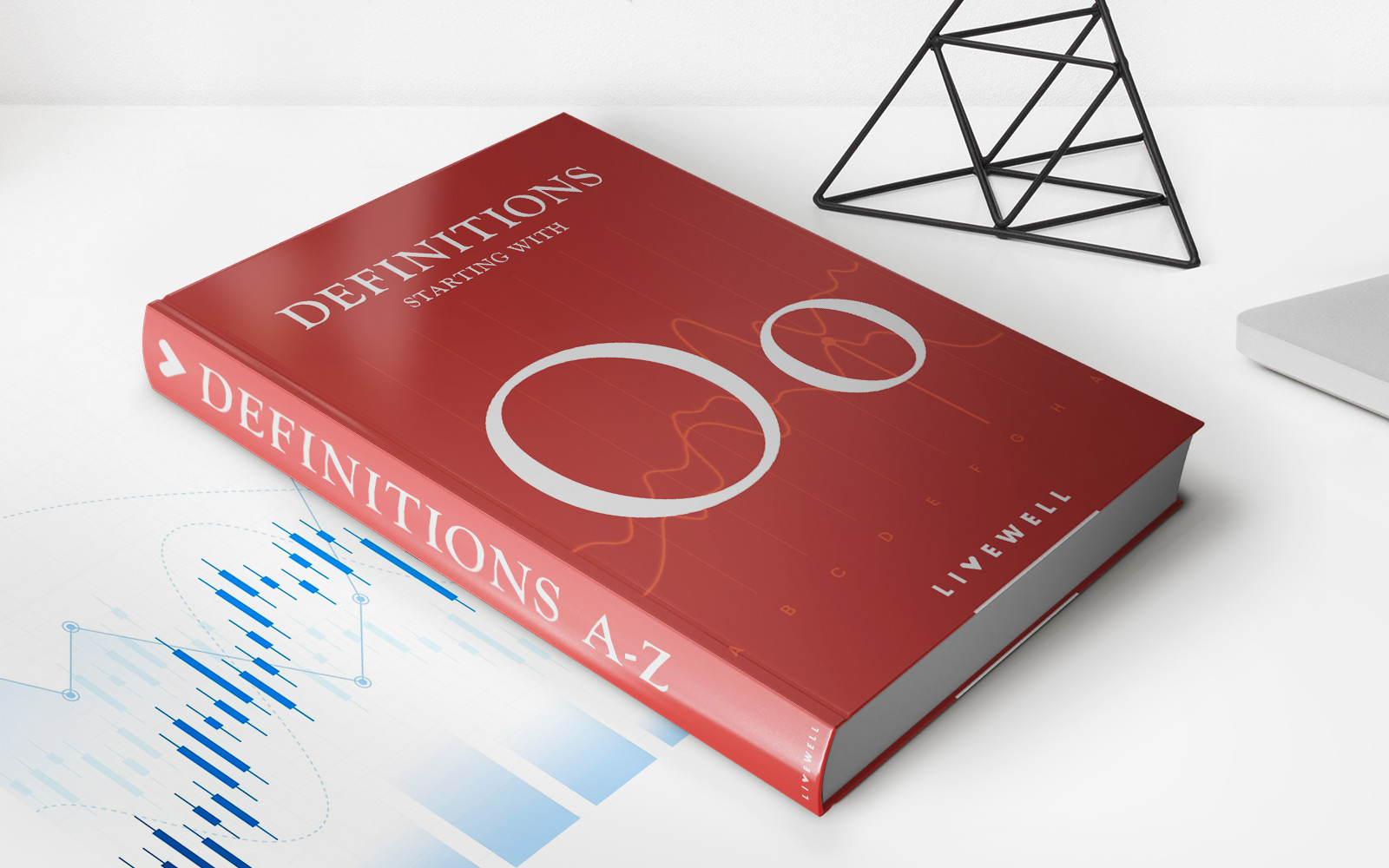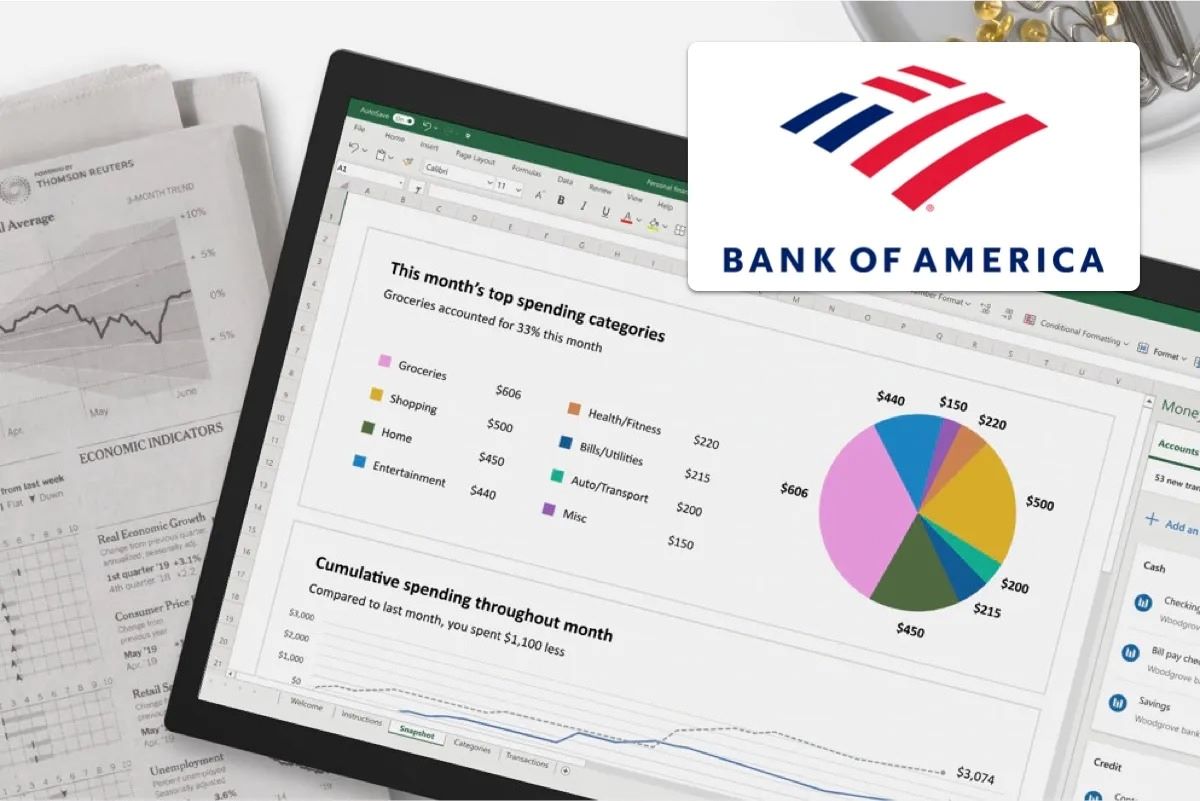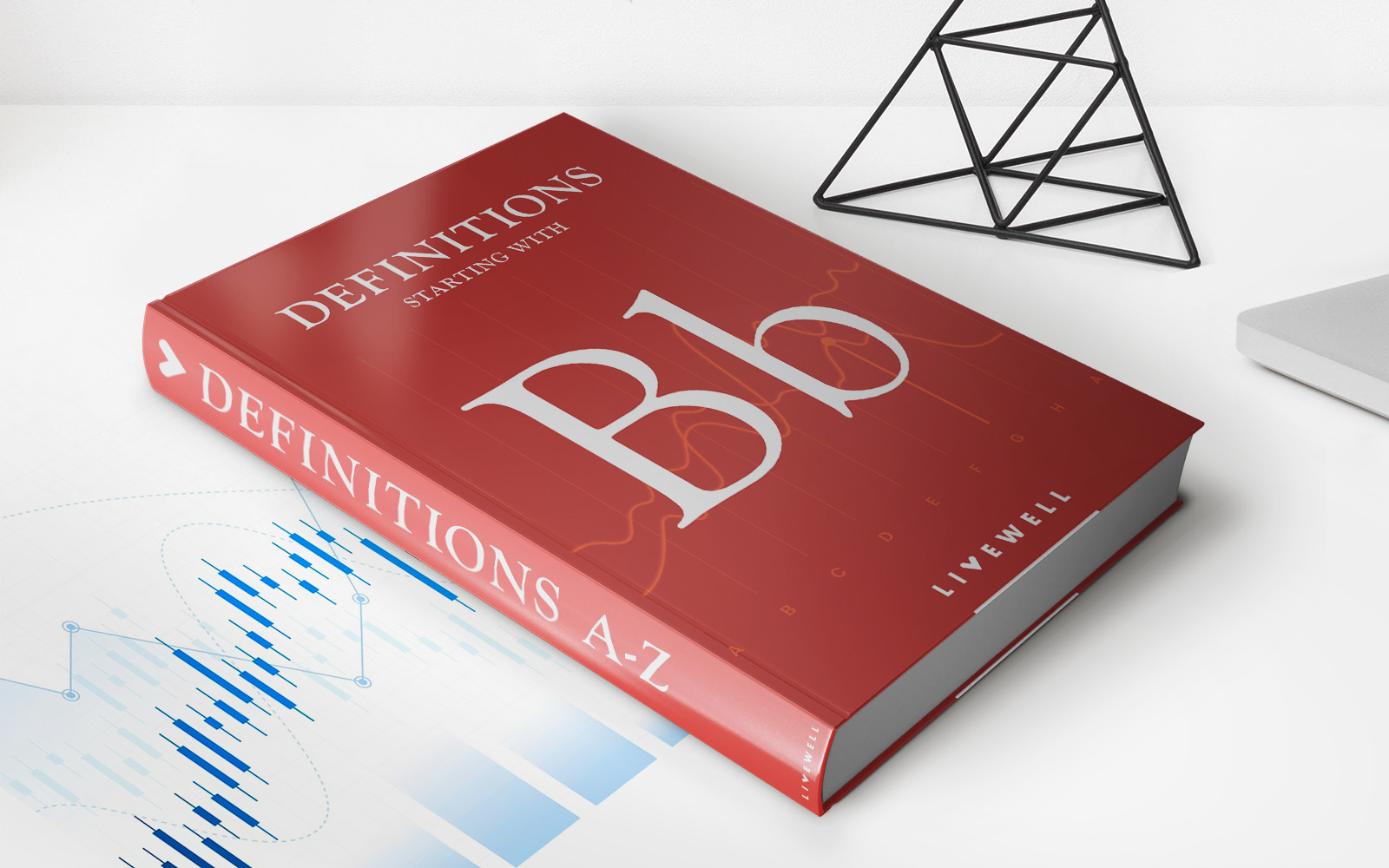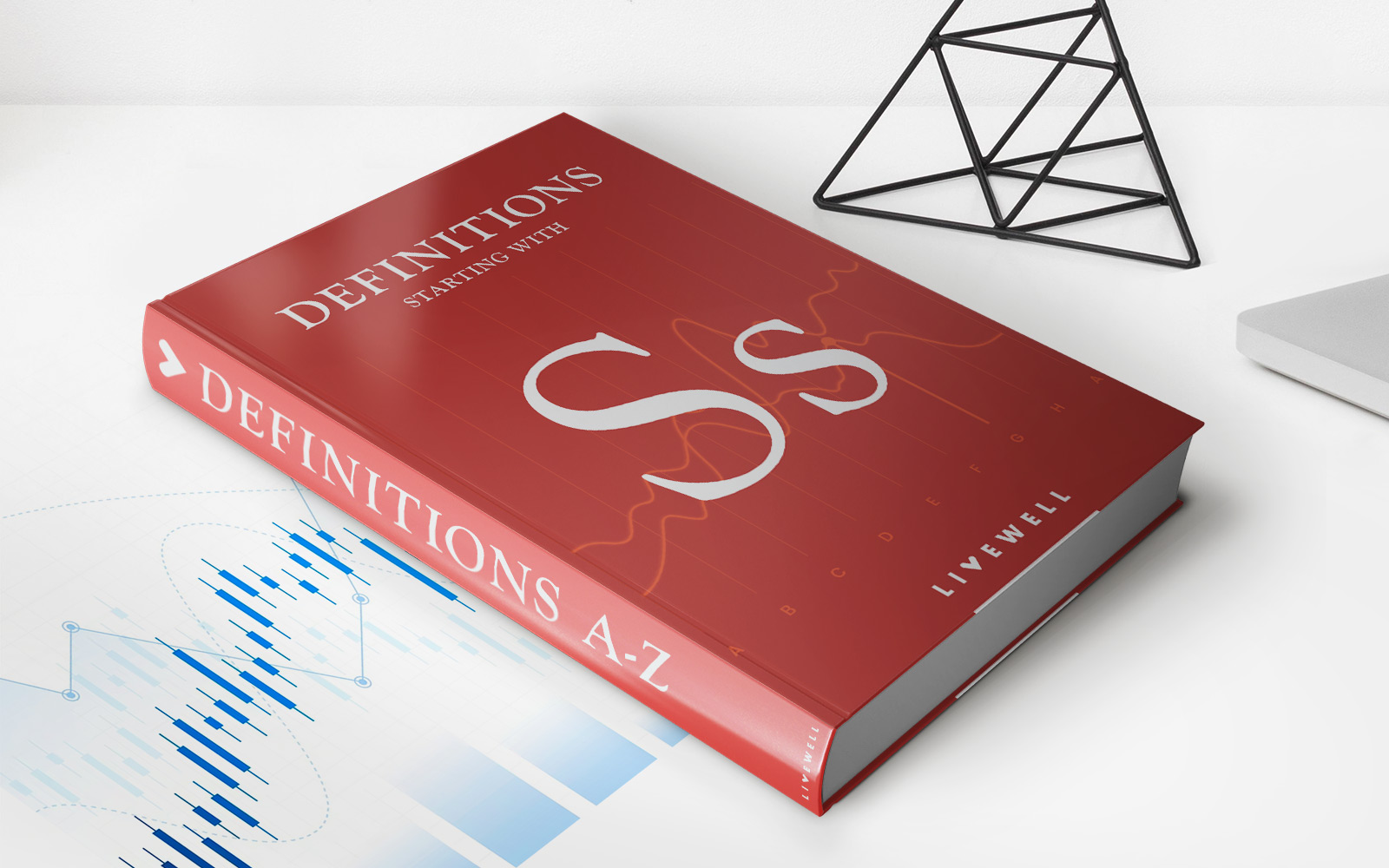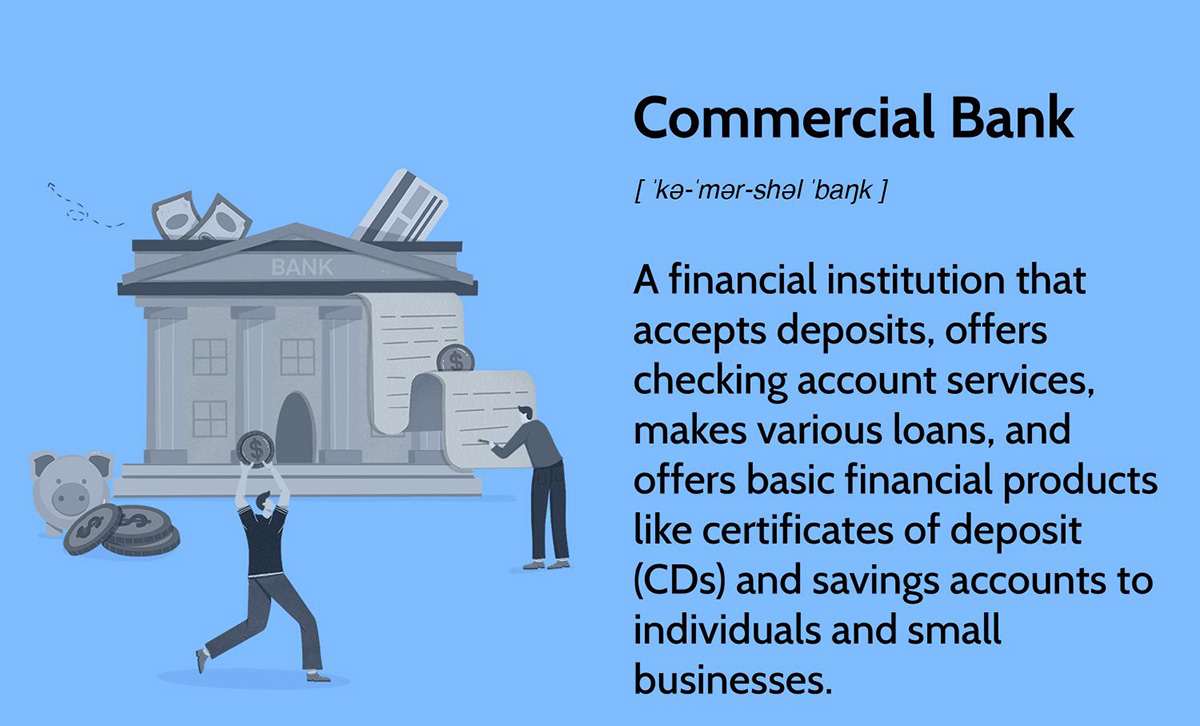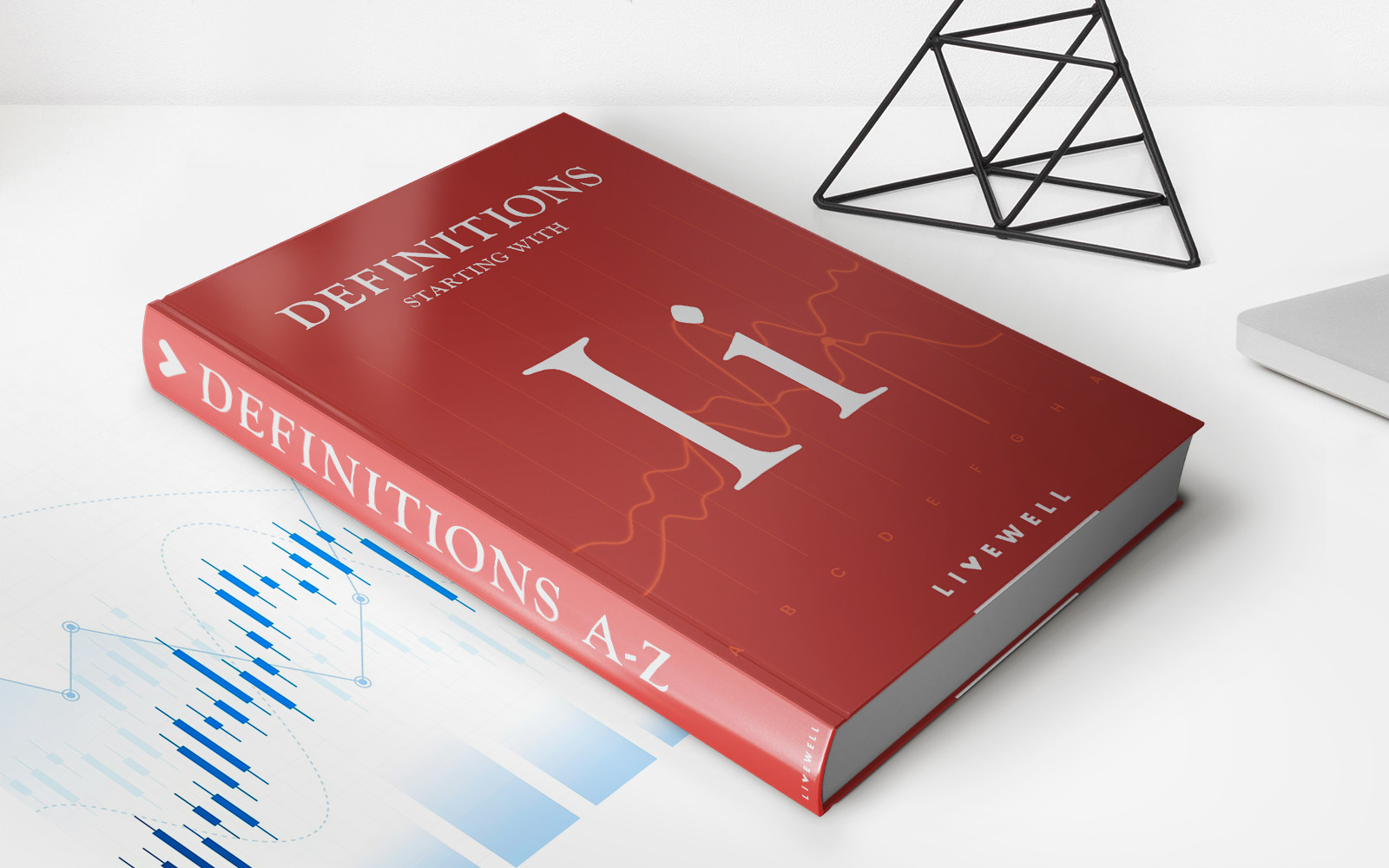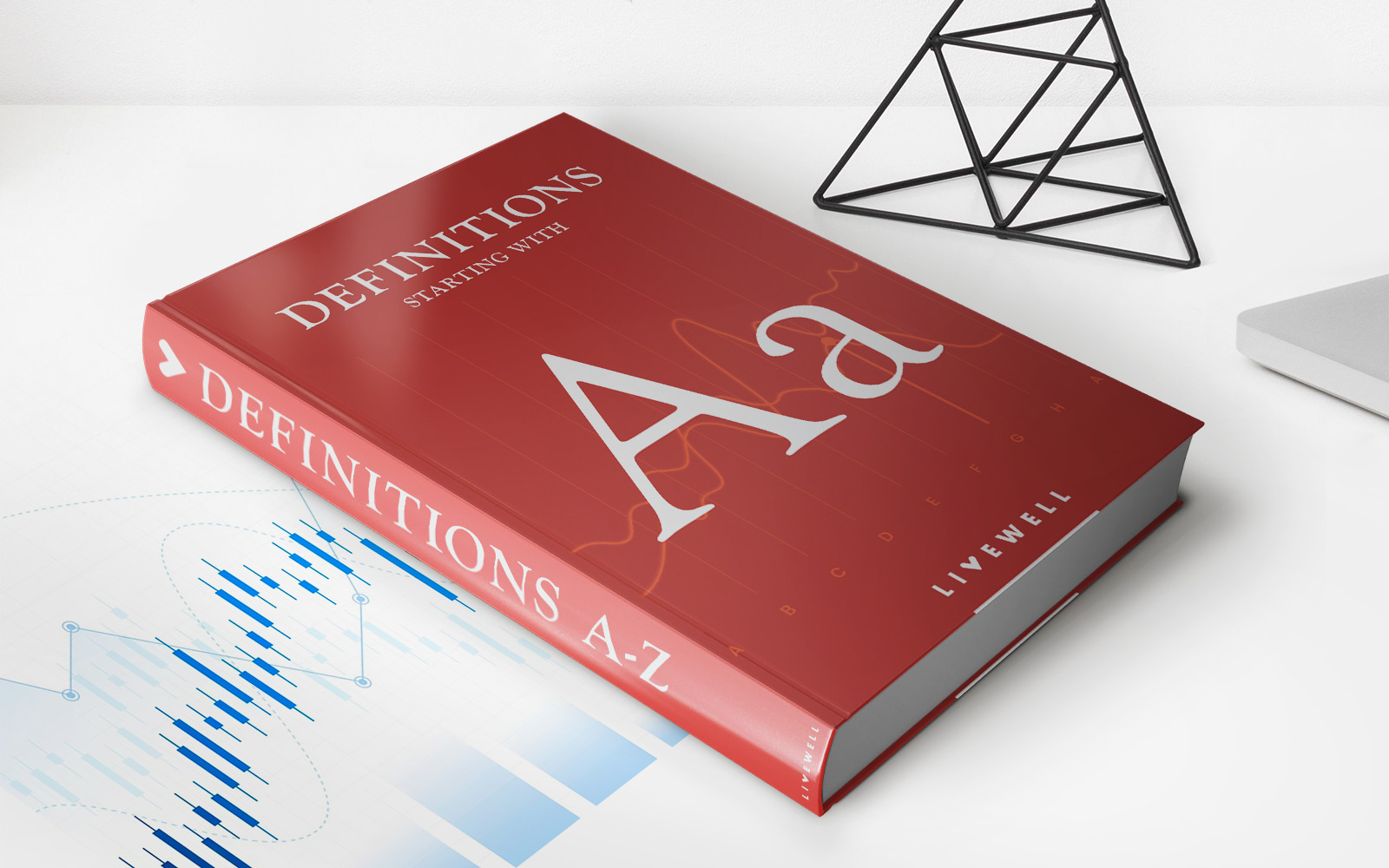Home>Finance>What Are Bills Payable? Definition And How It Works In Banking
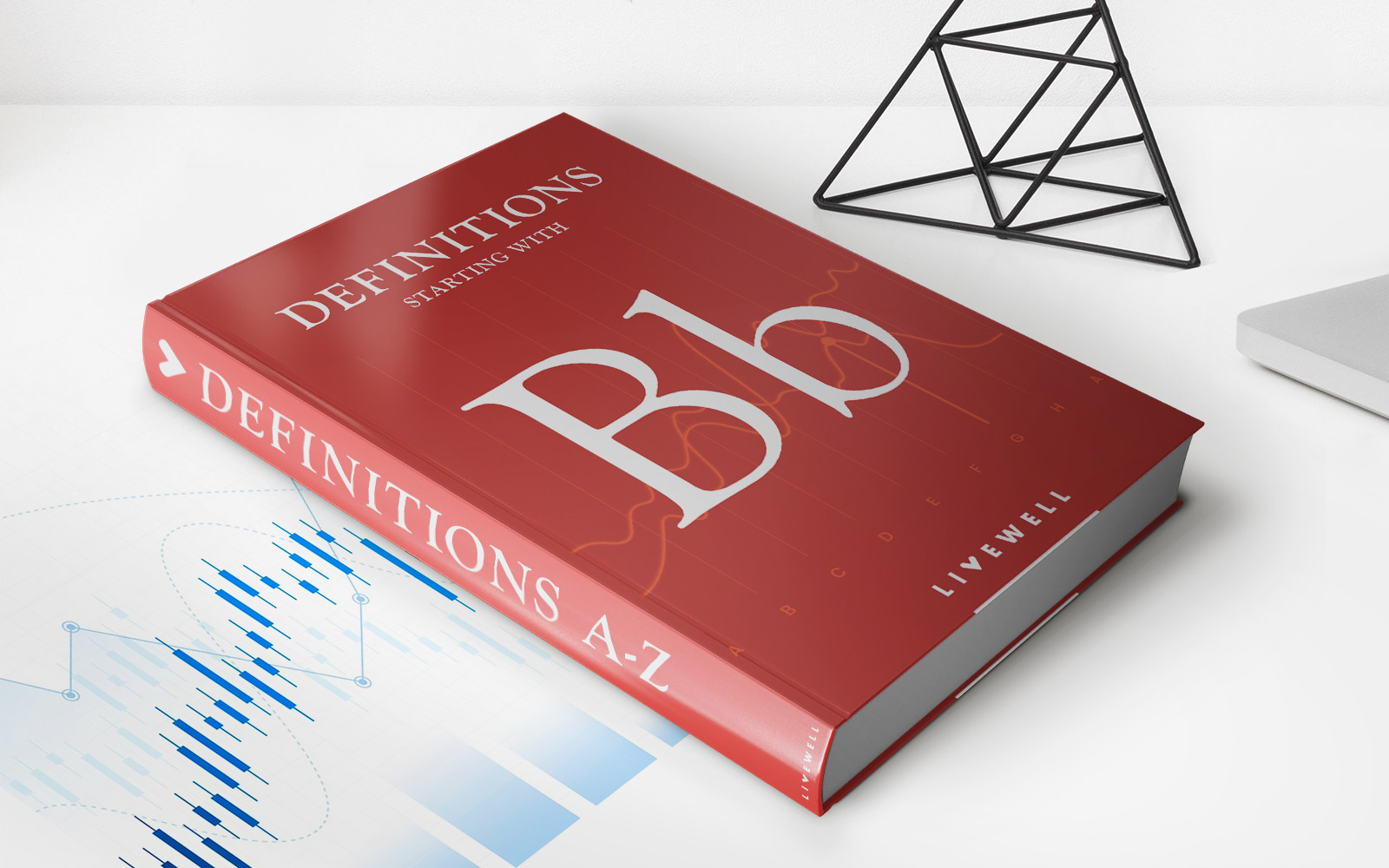

Finance
What Are Bills Payable? Definition And How It Works In Banking
Published: October 16, 2023
Discover the definition and workings of bills payable in banking. Learn how this finance concept can affect your financial transactions.
(Many of the links in this article redirect to a specific reviewed product. Your purchase of these products through affiliate links helps to generate commission for LiveWell, at no extra cost. Learn more)
Understanding Bills Payable: A Comprehensive Guide
When it comes to managing finances, understanding the various terms and concepts is crucial. One such term that often arises in the realm of banking and finance is “bills payable.” But what exactly does it mean? In this blog post, we will explore the definition of bills payable and take a closer look at how they work in the banking industry. So, let’s dive right in!
Key Takeaways:
- Bills payable are liabilities incurred by a business or individual for goods or services received on credit.
- These bills are often referred to as accounts payable and are typically due for payment within a specific period.
What Are Bills Payable?
Bills payable, also known as accounts payable, are liabilities that a business or individual owe to their creditors for goods or services received on credit. In simple terms, it represents the outstanding amount that needs to be paid within a specified period. These bills arise when a business purchases goods or services on credit terms rather than paying for them immediately.
For example, if a company purchases inventory from a supplier and the supplier allows them to defer payment for 30 days, the amount owed to the supplier would be recorded as a bill payable. Until the payment is made, the company has an obligation to settle the outstanding debt.
In the banking industry, bills payable also refer to negotiable instruments, such as promissory notes, that are issued by individuals or organizations as a promise to pay a specified amount to the bearer or assigned payee at a future date. These negotiable instruments serve as a means of short-term borrowing for businesses and individuals.
How Do Bills Payable Work in Banking?
In the realm of banking, bills payable are widely used in commercial and financial transactions. Here’s a step-by-step breakdown of how bills payable work in the banking industry:
- Issuance: A borrower issues a bill payable, typically a promissory note, to a lender or financial institution.
- Terms and Maturity: The bill payable includes details such as the amount borrowed, interest rate, maturity date, and the specific terms of repayment.
- Discounting: The borrower may choose to discount the bill payable before its maturity date, which involves selling it to a third party, such as a bank, at a discounted value.
- Acceptance: The bill payable may require acceptance from the borrower’s bank or the bank it is drawn on to verify its authenticity.
- Payment: On the maturity date, the borrower is obligated to repay the bill payable either to the original lender or to the assignee if it has been transferred.
Bills payable are crucial in facilitating short-term financing for businesses, enabling them to manage their cash flow and meet immediate financial obligations. Additionally, they provide an avenue for investors seeking safe and relatively liquid investments.
In Conclusion
Bills payable are a fundamental aspect of banking and finance. Understanding what bills payable are and how they work is essential for businesses and individuals alike. By comprehending these concepts, you can effectively manage your financial obligations and make informed decisions regarding short-term borrowing or investment opportunities.
So, the next time you come across the term “bills payable,” you’ll have a clear understanding of its significance and how it functions in the world of banking.

